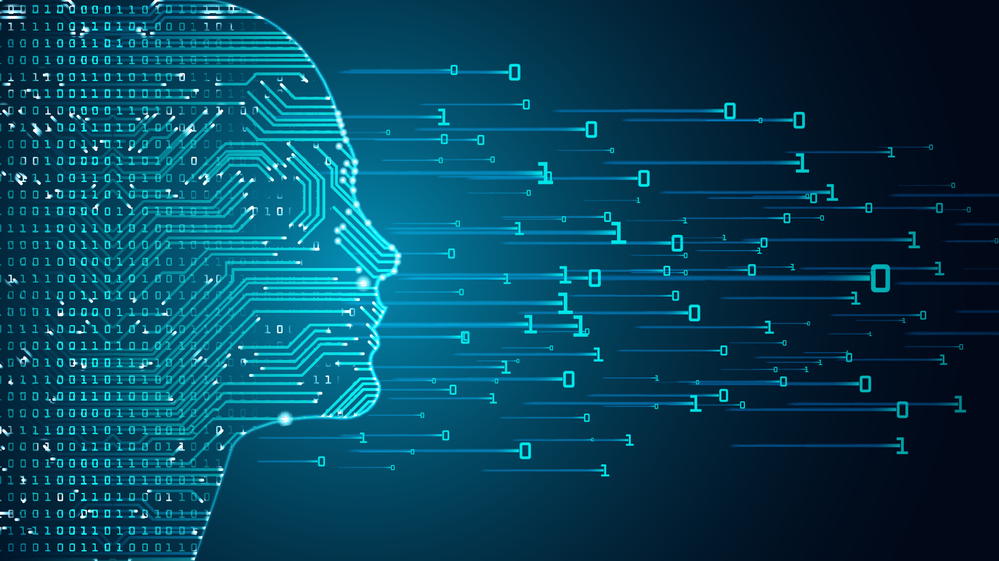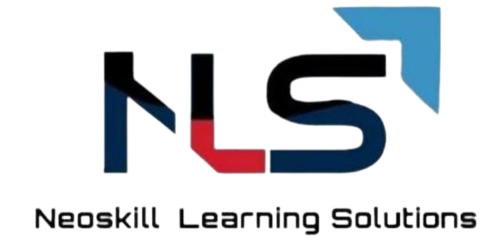Menu
Machine Learning
Machine learning is the science of getting computers to act without being explicitly programmed. In the past decade, machine learning has given us self-driving cars, practical speech recognition, effective web search, and a vastly improved understanding of the human genome. Machine learning is so pervasive today that you probably use it dozens of times a day without knowing it. Many researchers also think it is the best way to make progress towards human-level AI. In this class, you will learn about the most effective machine learning techniques, and gain practice implementing them and getting them to work for yourself. More importantly, you’ll learn about not only the theoretical underpinnings of learning, but also gain the practical know-how needed to quickly and powerfully apply these techniques to new problems. Finally, you’ll learn about some of Silicon Valley’s best practices in innovation as it pertains to machine learning and AI..
Topics Include
This course provides a broad introduction to machine learning, datamining, and statistical pattern recognition.
- Supervised learning (parametric/non-parametric algorithms, support vector machines, kernels, neural networks).
- (Unsupervised learning (clustering, dimensionality reduction, recommender systems, deep learning).
- Best practices in machine learning (bias/variance theory; innovation process in machine learning and AI). The course will also draw from numerous case studies and applications, so that you'll also learn how to apply learning algorithms to building smart robots (perception, control), text understanding (web search, anti-spam), computer vision, medical informatics, audio, database mining, and other areas.
Get Free Career Guidance
Artificial Intelligence
This Artificial Intelligence course provides training in the skills required for a career in AI. You will master TensorFlow, Machine Learning, and other AI concepts, plus the programming languages needed to design intelligent agents, deep learning algorithms & advanced artificial neural networks that use predictive analytics to solve real-time decision-making problems. Artificial Intelligence is growing at a rapid pace in the last decade. YOU have been seen it all unfold before your eyes. From self-driving cars to google brain, artificial intelligence has been at the center of these amazing huge-impact projects. To aspiring candidates, it is the right time to become an artificial intelligence engineer. The buzz has been seen on our Platform as many artificial intelligences experts are coming forward and broadcast their projects.
What is artificial intelligence?
Are you afraid of the machine taking place of humans? Then, you already know about the capabilities of artificial intelligence. Artificial intelligence is used to impart machines the ability to mimic humans in almost every aspect. It doesn’t matter if it is driving cars or doing accounting work. Artificial Intelligence (AI) is a computer science study for developing machines or software exhibiting human intelligence. Exciting, isn’t? Artificial Intelligence is currently solving many problems. One of the primary goals includes natural language processing(NLP), learning the behavior of natural systems, knowledge gathering and structuring, etc. On a broader sense, artificial intelligence is widely used in solving social problems. Some major use cases of artificial intelligence right now are self-driving cars, Google Brain, and Robots.

Types of ARTIFICIAL INTELLIGENCE
To better understand artificial intelligence, let’s dive into the types of artificial intelligence. Right now, we will only categorize it according to capabilities. Artificial intelligence can also be categorized based on other factors, but we will skip them for now.
Strong artificial intelligence: Strong artificial intelligence is similar to human intelligence. They are created or used to replace humans and do all possible tasks done by humans. These machines should pass Turing test to be placed in the Strong artificial intelligence. Currently, no machine has achieved Strong artificial intelligence (also known as True artificial intelligence), but constant scientific research is conducted to achieve Strong artificial intelligence.
Weak artificial intelligence: Weak artificial intelligence is the most common form of artificial intelligence. They are only focused on solving one problem. Chatbots are a perfect example of weak artificial intelligence as they don’t have any self-awareness or a sign of true intelligence.

Prateek Piley — “Happy to share this review, Nice trained & professional staff, Excellent coordination with everyone, help in solving your queries.
Highly recommended.Keep up the good work👌👏👏.”
Thursday, August 31, 2017

sudhir bagadhi — “I am very happy with the training and material .It is very effective and all topics were covered and overall maintained standards absolutely.Its a great experience to be a part of training.”
Thursday, August 31, 2017

Anil Tatipaka — “I have recently completed PSM training through NeoSkills, this is my second training with them (previously I complete Prince2 Agile) and both the times I had a good experience with learning..”
Thursday, August 31, 2017

amrut limkar — Nice coordination with the staff.
Ashish was very helpful giving nice training
Overall very nice experience to complete the training and exam..”
Thursday, August 31, 2017
